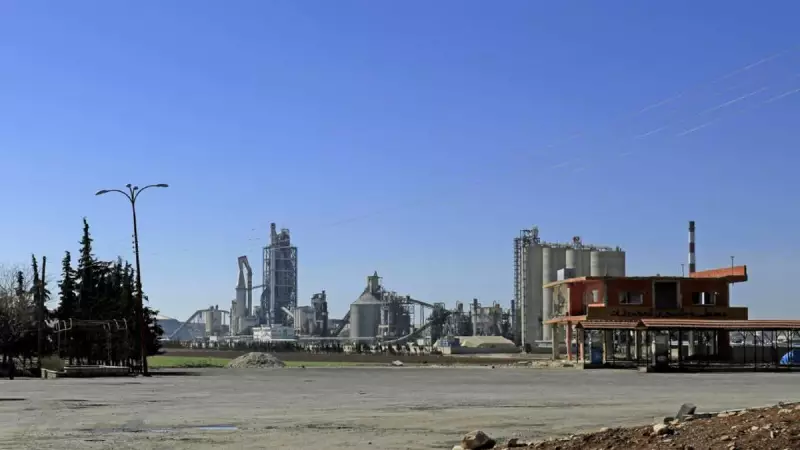
In a landmark corporate terrorism case that has sent shockwaves through the international business community, French cement manufacturer Lafarge finds itself at the center of a Paris courtroom drama over allegations of funneling millions to jihadist groups in Syria.
The Explosive Allegations
Prosecutors allege that between 2011 and 2014, Lafarge and its Syrian subsidiary Lafarge Cement Syria (LCS) engaged in a systematic scheme to pay protection money to various armed factions, including the Islamic State group. The payments, totaling approximately 13 million euros, were allegedly made to ensure the continued operation of the company's Jalabiya cement plant in northern Syria.
Corporate Strategy or Criminal Enterprise?
According to court documents, the French industrial giant employed a sophisticated network of intermediaries and shell companies to facilitate payments to multiple terrorist organizations. The prosecution claims this wasn't rogue employee behavior but rather a calculated corporate strategy to maintain operations amid Syria's escalating civil war.
The charges are severe and unprecedented:
- Financing terrorist enterprises
- Endangering human lives
- Violating EU sanctions
- Complicity in crimes against humanity
Who's Facing Justice?
The trial sees eight former Lafarge executives in the dock, including former CEO Bruno Lafont and his successor Eric Olsen. The company itself, now part of Swiss conglomerate Holcim, faces corporate criminal liability that could result in massive fines and severe restrictions on its global operations.
The Human Cost
Beyond the financial transactions, the case reveals disturbing allegations about the company's disregard for employee safety. Prosecutors claim Lafarge continued operations even as other international companies evacuated, putting Syrian workers in extreme danger and allegedly leading to the kidnapping and torture of several employees by ISIS forces.
Global Implications
This trial represents one of the most significant corporate terrorism financing cases in modern history. Legal experts suggest it could establish crucial precedents for holding multinational corporations accountable for their operations in conflict zones worldwide.
The proceedings are expected to last several months, with testimony from former executives, Syrian employees, and counter-terrorism experts. The outcome could redefine how international businesses navigate ethical and legal responsibilities in war-torn regions.





